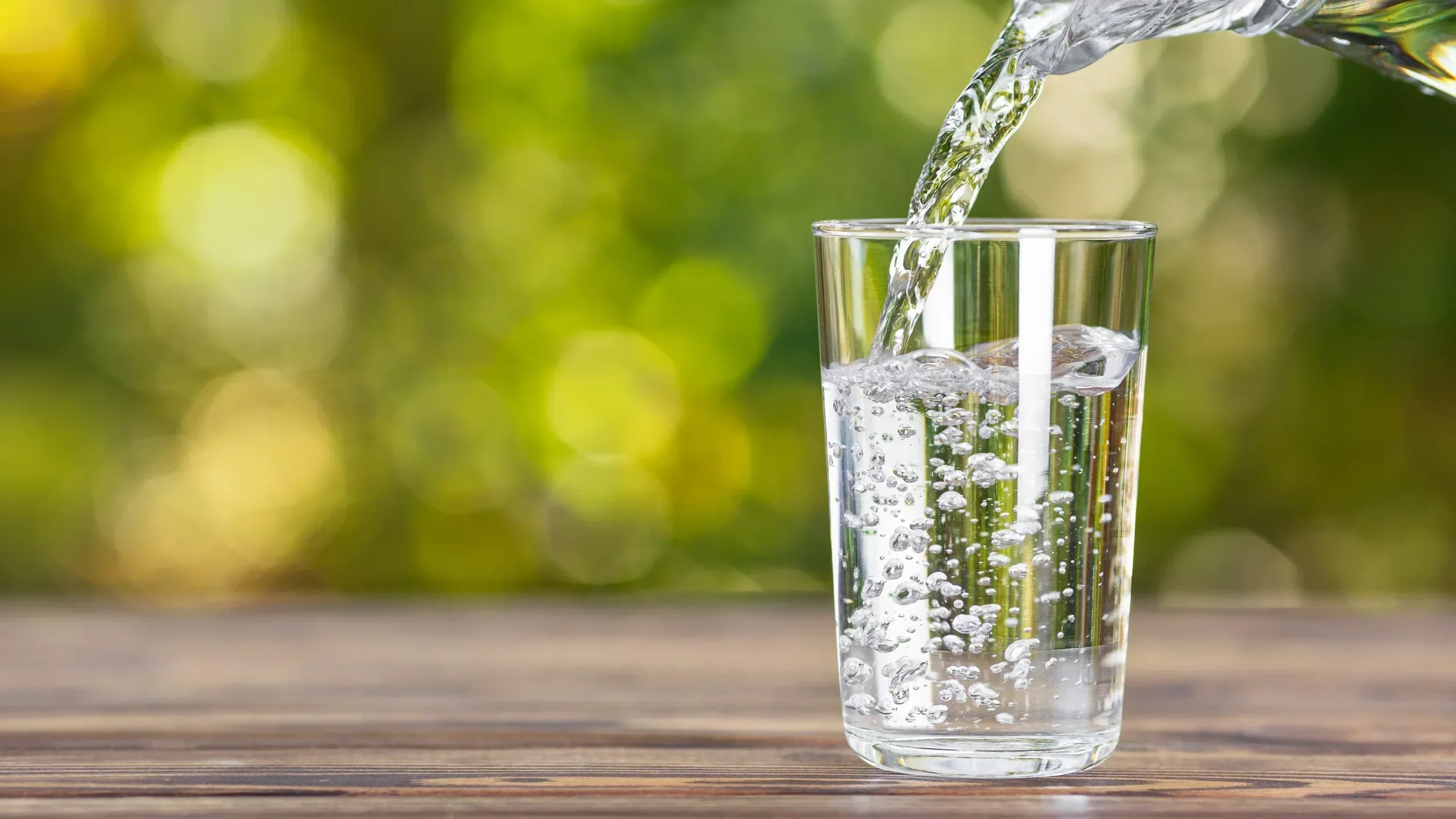For decades, we’ve heard the advice: “Drink eight glasses of water a day.” It’s been printed in magazines, repeated by doctors, and promoted as a cornerstone of good health. But here’s the truth: the idea that everyone needs exactly eight 8-ounce glasses (about 2 liters) of water daily is a myth.

Where Did the Myth Come From?
The origin of the “8×8 rule” is unclear, but it’s often traced back to a 1945 recommendation by the U.S. Food and Nutrition Board, which stated that adults should consume about 2.5 liters of water a day. However, the same report also mentioned that much of this water comes from food and other beverages — a detail that was largely ignored over time.
The rule stuck, despite there being no solid scientific evidence to support it for the general population.
Why It’s a Myth
- Hydration Needs Are Individual
How much water you need depends on:
- Your age
- Your weight
- The climate you live in
- Your activity level
- Your diet
- Medical conditions and medications
For example, a sedentary office worker in a cool climate will need less water than a marathon runner training in the summer.
- Water Comes From Food and Other Drinks
On average, about 20–30% of our daily fluid intake comes from food. Fruits, vegetables, soups, milk, tea, and even coffee contribute to hydration. That means you don’t have to drink all your fluids in the form of plain water.
- The Body Is Good at Telling You When to Drink
Thirst is a natural indicator. In healthy individuals, drinking when you’re thirsty is usually enough to maintain proper hydration. Over drinking, on the other hand, can lead to a condition called hyponatremia — dangerously low sodium levels in the blood.
The Real Benefits of Proper Hydration
While the “eight glasses” rule may be a myth, staying hydrated is still vital for health. Here’s what proper hydration (not necessarily 8 glasses!) helps with:
✅ Energy and Brain Function
Even mild dehydration can cause fatigue, reduced concentration, and headaches. Keeping hydrated improves mood, memory, and alertness.
✅ Digestive Health
- The role of water in ensuring proper digestion is vital.
- It also aids in the prevention of constipation.
- Ensuring adequate water intake is vital for digestive health.
✅ Regulating Body Temperature
Sweating and breathing release water. Staying hydrated helps the body maintain a healthy temperature, especially during exercise or in hot environments.
✅ Healthy Skin
While not a miracle cure for wrinkles, hydration does help skin stay more elastic and less dry.
✅ Kidney Function
The kidneys need water to efficiently filter waste. Adequate fluid intake reduces the risk of kidney stones and urinary tract infections.

How to Stay Hydrated Without Counting Glasses
Rather than obsessing over hitting a number, here are better strategies:
- Drink when you’re thirsty.
- Monitor the color of your urine: pale yellow is a good sign.
- Drink more in hot weather or when exercising.
- Add water-dense foods to your meals, including cucumbers, watermelons, and oranges. Keep a water bottle nearby as a reminder.
Final Thoughts
The adage regarding “eight glasses of water per day” is catchy, but it is an oversimplified rule. While water is essential for life, your body knows when it needs more. Listen to it, adjust for your lifestyle and environment, and remember: staying hydrated is important — but it doesn’t need to be measured by the glass.
Bottom line: Hydration matters — just don’t let an outdated myth tell you exactly how to do it.